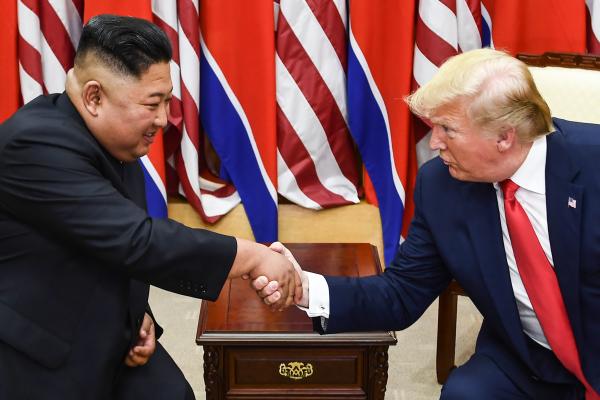
During the 2016 election, Donald Trump made clear his contempt for the state of American foreign policy, with the Korean Peninsula coming in for particular criticism. After his election, Trump pledged to employ new approaches to bring DPRK belligerency under control, including a willingness to meet President Kim Jong Un for face-to-face talks and a re-start of negotiations, while also suggesting an increased willingness to use force if necessary. South Korean policy also came in for criticism, as Trump repeatedly castigated this traditional ally for not contributing enough to the alliance and for taking advantage of American generosity. Here, too, he followed new paths, ones that quickly sparked diplomatic turbulence over issues like trade agreements, the costs of the American military deployment, the transfer of wartime operational control, the drawdown and even cancellation of some joint military exercises, and the costs of the THAAD missile system. Considering the importance of both Koreas––and of East Asia as a whole––to American foreign relations and world stability, this event will bring together some of the world’s leading authorities on US-Korean relations for a day of presentations and discussions.
